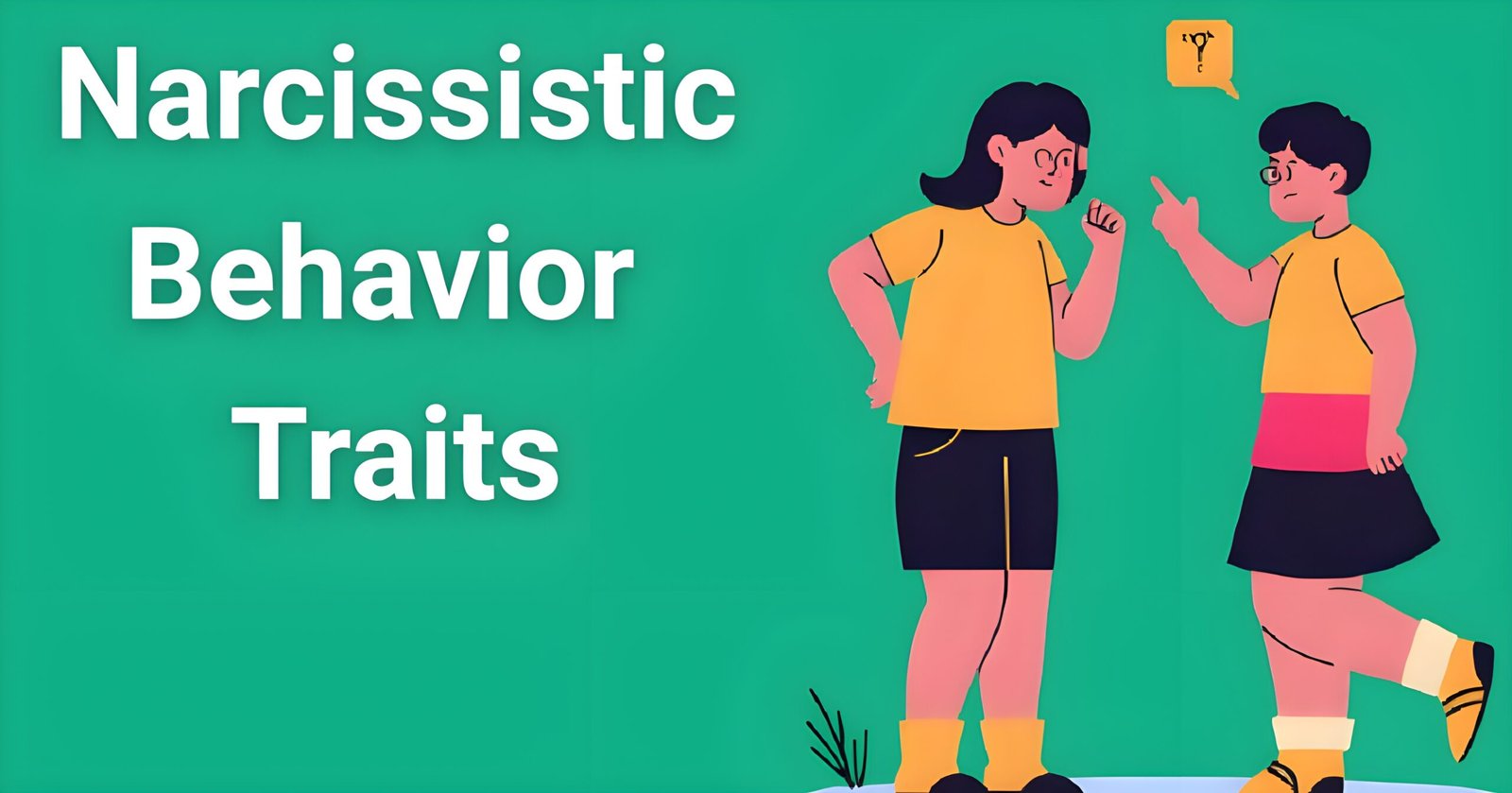If you’ve ever been in a relationship with a narcissist, you’ve likely found yourself asking this question: do narcissists apologize? The answer might surprise you—and it’s more complex than a simple yes or no.
- The Disturbing Reality of Narcissistic Apologies
- How Do Narcissists Apologize? 7 Manipulation Tactics Exposed
- Do Narcissists Ever Apologize Sincerely?
- Do Covert Narcissists Apologize Differently?
- Do Narcissistic People Apologize for Cheating?
- Do Narcissists Accept Apologies from Others?
- The Psychological Impact of Fake Apologies
- How to Respond to Narcissistic Apologies
- The Difference Between Genuine and Fake Apologies
- Breaking Free from the Apology Trap
- The Path Forward: Healing and Recovery
- Conclusion: The Truth About Narcissistic Apologies
As someone who has dedicated seven years to understanding narcissistic abuse patterns, I’ve witnessed countless survivors struggle with this very question. The truth is, narcissists do apologize, but their apologies are fundamentally different from genuine expressions of remorse. Understanding these differences could be the key to protecting your emotional well-being and breaking free from toxic cycles.
The Disturbing Reality of Narcissistic Apologies
Do narcissist apologize? Yes, but not in the way you’d expect from emotionally healthy individuals. Narcissistic apologies serve entirely different purposes than genuine remorse. While healthy individuals apologize to repair relationships and acknowledge harm, narcissists use apologies as sophisticated manipulation tools.
Research in personality psychology reveals that individuals with Narcissistic Personality Disorder (NPD) struggle profoundly with genuine empathy—the cornerstone of authentic apologies. Their neurological wiring makes it nearly impossible to truly understand or care about the emotional impact of their actions on others.
Why Traditional Apologies Don’t Apply to Narcissists
When most people apologize, they’re motivated by:
- Genuine remorse for causing harm
- Desire to repair the relationship
- Recognition of their wrongdoing
- Commitment to behavioral change
Narcissists, however, are motivated by entirely different factors:
- Control and manipulation – Regaining power in the relationship
- Image management – Protecting their public persona
- Avoiding consequences – Escaping accountability for their actions
- Narcissistic supply – Maintaining their source of admiration and attention
How Do Narcissists Apologize? 7 Manipulation Tactics Exposed
Understanding how do narcissists apologize is crucial for recognizing these manipulation tactics before they ensnare you again. Here are the seven most common patterns I’ve observed in my professional work:
1. The Conditional Apology
“I’ll apologize if you admit you were wrong too.”
This tactic transforms an apology into a negotiation. The narcissist refuses to take full responsibility unless you also accept blame—even when you’ve done nothing wrong. This creates false equivalency and dilutes their accountability.
2. The Minimizing Apology
“I’m sorry, but I was just joking” or “I’m sorry you’re so sensitive.”
These apologies immediately negate themselves by minimizing the harm caused. The narcissist simultaneously apologizes and attacks your emotional response, leaving you questioning your own perceptions.
3. The Blame-Shifting Apology
“I’m sorry I yelled, but you made me do it when you…”
This classic manipulation technique acknowledges the action while immediately transferring responsibility to you. It’s not a genuine apology—it’s an accusation disguised as remorse.
4. The Circular Apology
The narcissist begins with “I’m sorry,” but by the conversation’s end, you’re somehow apologizing to them. Through masterful manipulation, they twist the narrative until you’re defending yourself and seeking their forgiveness.
5. The Vague Apology
“I’m sorry for everything” or “I’m sorry I’m such a terrible person.”
These deliberately non-specific apologies avoid acknowledging particular harmful behaviors. They’re designed to elicit sympathy while dodging accountability for specific actions.
6. The Performative Apology
Grand gestures, tears, and dramatic displays accompany these apologies. However, the performance serves to manipulate your emotions rather than express genuine remorse. The focus shifts from their wrongdoing to their apparent suffering.
7. The Weaponized Apology
“I already apologized—why can’t you just move on?”
Once given, these apologies become weapons used against you. The narcissist expects immediate forgiveness and uses the apology as justification for why you should never bring up their behavior again.
Do Narcissists Ever Apologize Sincerely?
Do narcissists ever apologize with genuine remorse? The honest answer is rarely, and even then, it’s typically part of a larger manipulation strategy.
Narcissists may occasionally offer what appears to be a sincere apology when:
- They face serious consequences (job loss, divorce, legal issues)
- Their reputation is at stake
- They’re trying to secure “narcissistic supply” from a new source
- They’re in therapy and learning to mimic appropriate responses
However, even these seemingly genuine moments are usually strategic rather than heartfelt. True remorse requires self-reflection, empathy, and a willingness to change—qualities that are fundamentally incompatible with narcissistic personality patterns.
The Neuroscience Behind Narcissistic Apologies
Recent neuroimaging studies reveal that narcissists show reduced activity in brain regions associated with empathy and emotional regulation. This biological reality makes genuine remorse extraordinarily difficult, if not impossible, for many individuals with NPD.
Do Covert Narcissists Apologize Differently?
Do covert narcissists apologize in ways that differ from grandiose narcissists? Absolutely. Covert narcissists are masters of subtle manipulation, making their fake apologies even more dangerous.
Covert narcissistic apologies often include:
The Martyr Apology
“I’m sorry I’m such a burden” or “I guess I ruin everything.”
These apologies are designed to elicit comfort and reassurance. Instead of focusing on their wrongdoing, the conversation shifts to consoling them and affirming their worth.
The Self-Deprecating Trap
“I’m the worst person alive” or “I don’t deserve forgiveness.”
By attacking themselves so harshly, covert narcissists manipulate you into defending them and minimizing their actions. You end up comforting the person who hurt you.
The Passive-Aggressive Sorry
“I’m sorry you feel that way” or “I regret that you misunderstood.”
These non-apologies place responsibility on your feelings or perceptions rather than their behavior. They maintain plausible deniability while subtly blaming you.
Do Narcissistic People Apologize for Cheating?
Do narcissists apologize for cheating? When infidelity is discovered, narcissists often deploy their most manipulative apology tactics because the stakes are highest.
Common patterns include:
The Blame-the-Victim Apology
“I’m sorry I cheated, but you weren’t meeting my needs.”
This devastatingly cruel approach acknowledges the cheating while making it your fault. They position themselves as the victim of an unsatisfying relationship.
The Compartmentalization Apology
“I’m sorry about the cheating, but it meant nothing.”
By minimizing the emotional significance of their betrayal, they attempt to reduce the magnitude of forgiveness required.
The Future-Faking Apology
“I’m sorry, and I promise this will never happen again. You’re the only one I truly love.”
These apologies come with elaborate promises and declarations of love designed to secure immediate forgiveness while buying time to continue their behavior.
Do Narcissists Accept Apologies from Others?
Do narcissists accept apologies when others apologize to them? Their response reveals their true character and motivations.
Narcissists typically respond to others’ apologies by:
Exploitation and Leverage
They view your apology as admission of guilt and weakness, storing this information for future manipulation. Your gesture of accountability becomes ammunition against you.
Dismissive Superiority
Many narcissists barely acknowledge sincere apologies, treating them as their due rather than gestures deserving gratitude. This response reinforces their sense of superiority.
Conditional Acceptance
“I’ll accept your apology if you promise never to question me again.”
Even when accepting apologies, narcissists often attach conditions that further entrench their control over the relationship.
Weaponization
They may accept your apology publicly while privately using it to justify future mistreatment. “Remember when you admitted you were wrong about…” becomes a frequent refrain.
The Psychological Impact of Fake Apologies
Receiving repeated fake apologies creates profound psychological damage:
Cognitive Dissonance
Your brain struggles to reconcile the words “I’m sorry” with continued harmful behavior. This creates internal conflict and confusion about reality.
Trauma Bonding
The cycle of harm followed by apology creates addictive neurochemical responses. Your brain begins craving the relief that comes with each “apology,” even knowing it’s temporary.
Erosion of Self-Trust
Constantly questioning whether apologies are genuine undermines your ability to trust your own perceptions and instincts.
Learned Helplessness
Repeated exposure to fake apologies can create a sense that genuine accountability and change are impossible, leading to resignation and despair.
How to Respond to Narcissistic Apologies
Protecting yourself from manipulative apologies requires specific strategies:
Acknowledge Without Accepting
“I hear that you’re saying you’re sorry” doesn’t commit you to forgiveness or accepting their version of events.
Focus on Actions, Not Words
“I’ll know you’re sorry when your behavior changes consistently over time.”
Avoid Emotional Reactions
Narcissists feed on emotional responses. Remain calm and factual in your communications.
Document Patterns
Keep records of apologies and subsequent behavior to maintain clarity about reality when gaslighting occurs.
Set Clear Boundaries
“Apologies without changed behavior are meaningless to me. I need to see consistent actions.”
The Difference Between Genuine and Fake Apologies
Understanding authentic versus manipulative apologies helps you maintain perspective:
Genuine Apologies Include:
- Specific acknowledgment of wrongdoing
- Recognition of impact on others
- Acceptance of full responsibility
- Commitment to behavioral change
- Patience with the forgiveness process
- Actions that match words
Fake Apologies Feature:
- Vague language avoiding specifics
- Deflection of responsibility
- Immediate expectation of forgiveness
- Repetition of harmful behavior
- Focus on the apologizer’s feelings
- Manipulation tactics disguised as remorse
Breaking Free from the Apology Trap
Recognition is the first step toward freedom. Once you understand that narcissistic apologies are manipulation tactics rather than genuine remorse, you can:
Stop Waiting for Real Change
Accept that meaningful behavioral change is extremely unlikely without intensive therapy and genuine commitment—which narcissists rarely pursue.
Protect Your Energy
Don’t invest emotional energy in analyzing or hoping for genuine apologies. Focus on your own healing and well-being.
Trust Your Experience
If someone’s actions consistently contradict their apologies, trust the actions. Behavior is the truest indicator of character.
Seek Support
Working with trauma-informed therapists who understand narcissistic abuse can accelerate your healing and help you develop stronger boundaries.
The Path Forward: Healing and Recovery
Recovery from narcissistic abuse involves understanding that you deserved genuine apologies and accountability. The absence of authentic remorse from your abuser reflects their limitations, not your worth.
Healing requires:
- Accepting the reality of what happened
- Grieving the relationship you hoped for
- Rebuilding trust in your own perceptions
- Learning to recognize healthy relationship patterns
- Developing strong personal boundaries
- Connecting with others who understand your experience
Conclusion: The Truth About Narcissistic Apologies
Do narcissists apologize? Yes, but understanding their motivations and tactics is crucial for your protection and healing. These aren’t apologies in any meaningful sense—they’re sophisticated manipulation tools designed to maintain control while avoiding accountability.
The shocking truth is that genuine remorse requires emotional capacities that narcissists fundamentally lack. Their brain structure, personality patterns, and learned behaviors all work against authentic accountability and change.
Your healing doesn’t depend on receiving the apology you deserve. Instead, it comes from understanding the reality of narcissistic behavior, protecting yourself from further manipulation, and building a life filled with people capable of genuine connection and accountability.
Remember: you deserve authentic apologies, real accountability, and relationships built on mutual respect and empathy. Don’t settle for manipulation disguised as remorse.






